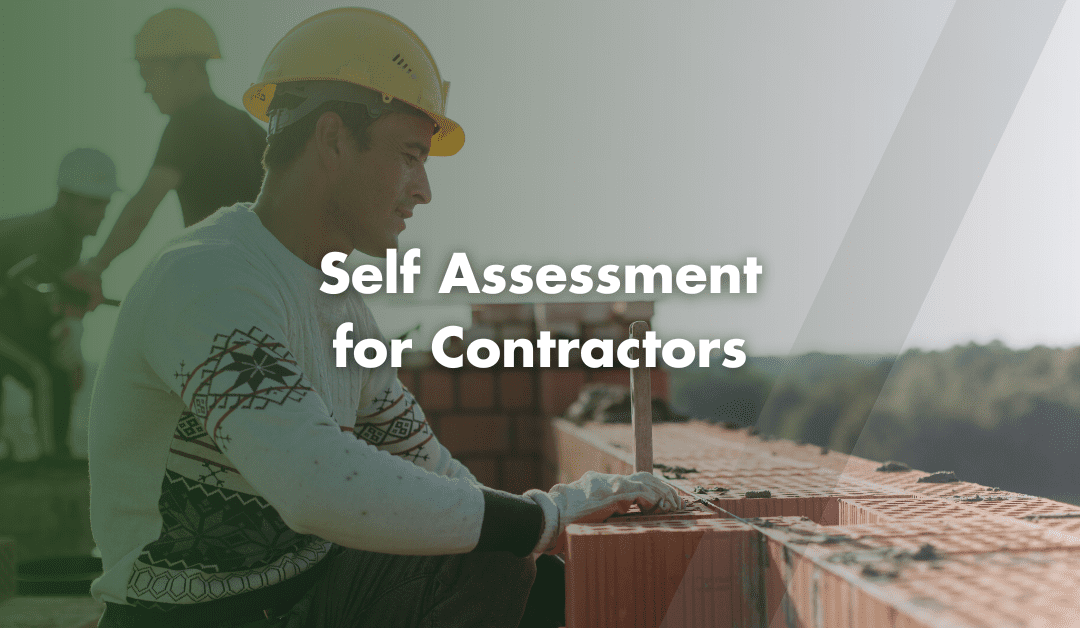Self Assessment for Contractors
If you work as a self-employed contractor, you will likely need to submit a Self Assessment tax return each year. This ensures that HMRC has a full view of your income so they can calculate your tax.
Do Contractors Need to Submit a Self Assessment?
Yes. Most contractors need to submit a Self Assessment tax return, but the exact process depends on your business structure:
- Sole Traders: Contractors operating as sole traders need to file Self Assessment to report their income from self-employment.
- Partnerships: If you are in a partnership, you will need to submit a tax return for the partnership as a whole, along with an individual return for your personal income.
- Limited Company Directors: If you are a director, you generally must file a return, even if all income is taxed at source. Directors are usually obligated to complete a return regardless of additional tax owed. Report any income from the company that has not been taxed at source, such as dividends.
Information You Will Need for Your Self Assessment
When completing your Self Assessment, you will need to provide details covering everything that happened financially over the tax year, which runs from 6th April to 5th April. The information required includes:
- Total Income Earned: Report all income, no matter the source.
- Sources of Income: Specify how you earned your income; whether through contracting, other freelance work or investments.
- Allowable Expenses: List any business expenses you can claim tax relief on; such as materials, equipment, travel costs and accountancy fees.
- Taxes Already Paid: Detail any taxes already paid to avoid double taxation.
How and When to Pay Your Self Assessment Tax
Contractors must pay any tax due by 31st January following the end of the tax year. So, if you are submitting a return for the tax year from 6th April 2023 to 5th April 2024, the payment deadline is 31st January 2025.
If your tax bill exceeds £1,000, HMRC may ask for “Payments on Account”. This means paying an estimated amount in advance towards the next year’s tax bill. If your business has seen reduced profits, you can apply to lower these payments to avoid overpaying.
You can apply for this adjustment through your Government Gateway account.
Claiming Tax Relief on Allowable Expenses
Contractors can claim tax relief on a range of allowable business expenses. Claiming these expenses reduces your tax bill because HMRC calculates tax on profit, not income. Common expenses include: materials, equipment, travel costs and accountancy fees.
Penalties and Interest for Late Payments
HMRC will impose penalties and interest if you do not pay your Self Assessment bill on time. Timely payment is essential to avoid these charges. If you are facing difficulty meeting the deadline, contact HMRC promptly to explore options like a “Time to Pay” arrangement or consult an accountant for additional assistance.
IR35’s Affect on Self Assessment
IR35 is a regulation that targets contractors operating through intermediaries like Limited Companies but working as if they are employees. If IR35 applies to your contract, your client or agency will deduct Income Tax and National Insurance Contributions before payment.
Even with these deductions, you may still need to file a Self Assessment tax return, especially if you have other income or are claiming tax reliefs. Be sure to note this correctly on your Self Assessment to avoid double taxation.
Contact Us
We are not just accountants; we are Chartered Accountants with one of the most reputable and premium accounting bodies. We are registered and regulated by ACCA; so you can rest assured that you are in good hands. Knowing this, don’t hesitate to get in touch with us if you require assistance: Pi Accountancy | Contact Us

